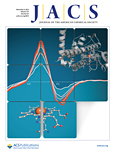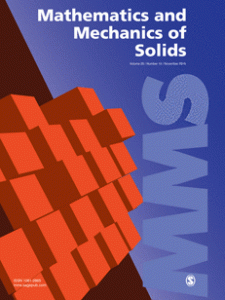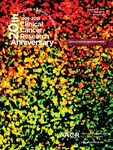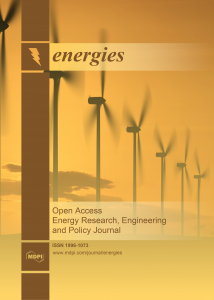 The authors of a paper on a mechanism for potential cancer therapies are retracting it after realizing they published some proprietary findings “without permission and agreement from St. Jude Children’s Research Hospital.”
The authors of a paper on a mechanism for potential cancer therapies are retracting it after realizing they published some proprietary findings “without permission and agreement from St. Jude Children’s Research Hospital.”
According to the retraction note in Journal of the American Chemical Society, the authors included an X-ray crystal structure and data that were gathered at St. Jude’s and considered the hospital’s intellectual property. On the paper, the last author, Zhengding Su, listed an affiliation at St. Jude and Hubei University of Technology in China, along with Amersino Biodevelop Inc., based in Waterloo, Canada.
Here’s the note for “Efficient Reactivation of p53 in Cancer Cells by a Dual MdmX/Mdm2 Inhibitor:” Continue reading Intellectual property issues sink cancer paper in JACS

 Thirteen papers in Mathematics and Mechanics of Solids now have an expression of concern, after it came to light that an author on most of the papers coordinated the peer-review process.
Thirteen papers in Mathematics and Mechanics of Solids now have an expression of concern, after it came to light that an author on most of the papers coordinated the peer-review process.




 An electrical engineering
An electrical engineering 